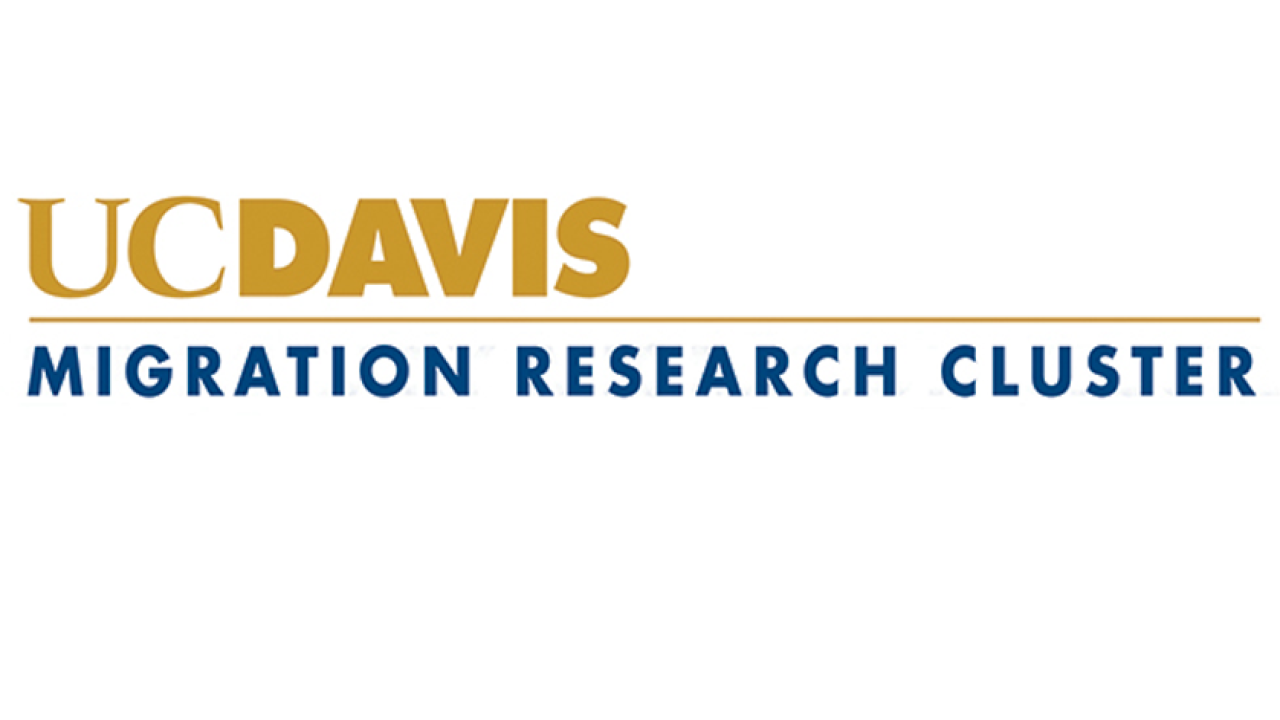
Event Date
Abstract
The fifty US states experienced diverse increases in immigration since 1980 but shared a similar institutional framework, which allows us to assess the impact of immigration on several macro-level variables of economic performance. We use data from a variety of public sources and the popular shift-share instrument to isolate exogenous variation in migration by state and decade since 1980. Although the overall correlation between immigration and performance variables is positive, analysis of regional and time variation reveals a negative growth relationship between the foreign-born share of the labor force and GDP, per-capita GDP, employment, native employment, and per-capita income. Most of those effects dissipate in level regressions that assess longer-term impacts.
Registration closes on December 5 at 12pm.
 Zach Rutledge
Zach Rutledge
Ph.D. Student, Agricultural and Resource Economics
Zach Rutledge studies academic journal articles and other relevant material to understand econometric modelling methodology for immigration-related research, use statistical software to process US Census data (including summary statistics, graphs, and regression analysis), develop econometric models to estimate the effect of immigration on wages and employment levels of construction workers in the US, and write research papers. His work consists of lengthy hours reading complicated economic journal articles, sitting at a computer writing computer code to clean and analyze data, and writing reports and research papers.